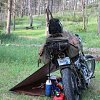Buying a motorcycle can be a bit overwhelming, and buying your first bike can get down right perplexing. There's a ton of options to start with but what probably causes the most confusion is the "tribal knowledge" that's out there. Everyone has an uncle or neighbor that's an expert, or has been riding for 742 years and has their opinion on what the perfect motorcycle for you is. The short answer is there are probably a lot of correct answers, but here's a few things to consider that will hopefully lead you down a path to happy motoring.

1) What Are Your Needs?
Why are you buying the bike and what will you be using it for? Assuming you have spent the time daydreaming about riding a motorcycle enough to want to purchase one, what are your dreams made of? Is this going to be a commuter in a densely populated area? Are there cross-country trips in your future? Looking to do some moto-camping or off-road adventuring? Determining what you are going to be using the bike for will significantly narrow down your decision making.
After getting a general idea of what type of bike you are looking for it's time to consider factors like physical size and engine size. Keep in mind that those two things aren't mutually exclusive. Small bikes like sportbikes have some intense powerplants under the proverbial hood and some physically larger cruisers can have some relatively tame motors. My suggestion, when determining what type of motorcycle you want, get something that you feel physically comfortable on, can easily touch the ground, has a somewhat upright seating position and smooth delivery of power. All of those things will contribute to your confidence on the bike, and having confidence operating your machine will result in better control and a more enjoyable ride.
2) What's My Budget (how much will this really cost me)?
When you determined the type of motorcycle you were in the market for you kind of already set your price range. But personal budget set aside you have to figure out if you want to spend the cash on a new or used bike. Personally, I would recommend a used machine. There's less trauma associated if you drop it in the driveway and more opportunity to score a better deal. But something else to consider are the hidden costs associated with owning certain bikes. If you're younger but want to own a Kawasak1 H2 then your insurance rates are going to be significantly more than if you purchased a middleweight cruiser of some sort. Also consider the cost of maintaining the machine. A vintage BMW may take rad pics for the Gram but it's gonna cost you a bit more to maintain or fix if it breaks (and vintage bikes have a nasty habit of breaking down) than let's say a late model Honda.

3) Can I Service It?
How complex is the bike you are looking at? Are you going to have to have a dealer service it every time it needs a fluid change or can you handle it in your own garage? And again, if your dream is to have a mid-'70s cafe' racer, are you going to be able to fix it if it breaks down? A Honda CB750 or Evo Sportster is fairly easy to work on and there is a ton of information available on how to fix things yourself. An obscure Italian bike may bit a bit trickier to work on or a late model sportbike may require some specialty diagnostic equipment to get the job done. Personally I'd rather count on learning to work on the bike myself, it gives you the confidence to wander farther knowing you can fix something that goes wrong on the road. Besides, it feels good to be able to take care of your own scooter.

4) Aftermarket Options
This is a pretty important one for me. What are parts availability for the machine I'm looking for, both aftermarket and OEM parts? Will you be able to upgrade things like the seat, handlebars or exhaust? Certain bikes have a lot more options for customization than others. Generally, if the bike was produced for a while it will have a larger aftermarket offering. The same goes for OEM parts. If something fails or you have to do general maintenance to the bike, are you going to have to search high and low for an oil filter and pay top dollar? Bikes that had smaller production runs or were only made for a limited time will generally be harder to find both aftermarket and OEM parts for. It's simple supply and demand at work. My advice is to find something that has a strong aftermarket presence and it will be a better overall experience owning and customizing the bike.

5) General Condition / Bike History
When you finally decide what you're looking for and venture out into the world of Craigslist and Facebook Marketplace there is no guarantee you won't get a lemon, but there are some things to keep an eye on that will give you a good chance of finding a solid machine (obviously if you're buying a brand spanking new bike this won't apply). Don't be afraid to ask about the history of the bike, how long they have owned it, was it raced or wrecked, what modifications or maintenance was performed. Check the wear items like chains, sprockets, tires and even grips and pegs. Tires are an expense you don't really want to eat as soon as you buy a bike so take a hard look and make sure they're not weathered and cracked and there is still good tread left.
If the owner wasn't motivated enough to clean and lube the chain when they are attempting to sell it chances are they didn't clean and lube it when they were riding it. Take a peek at the sprockets to see if it's decent or is if it's worn down to nubs. If it's worn out the bike has probably seen tough miles. While you're poking around down by the wheels get an eyeful of the brake pads and rotors. If the pads are paper thin the rotor might be in rough shape too. Not terribly hard fixes but can give you some indication of how the bike was or wasn't cared for and if nothing else could give you some negotiation leverage on price.


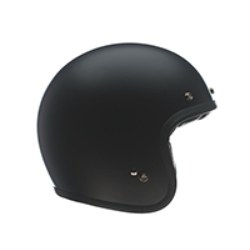

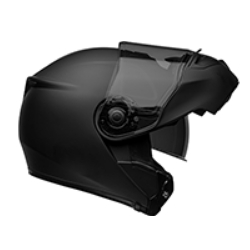

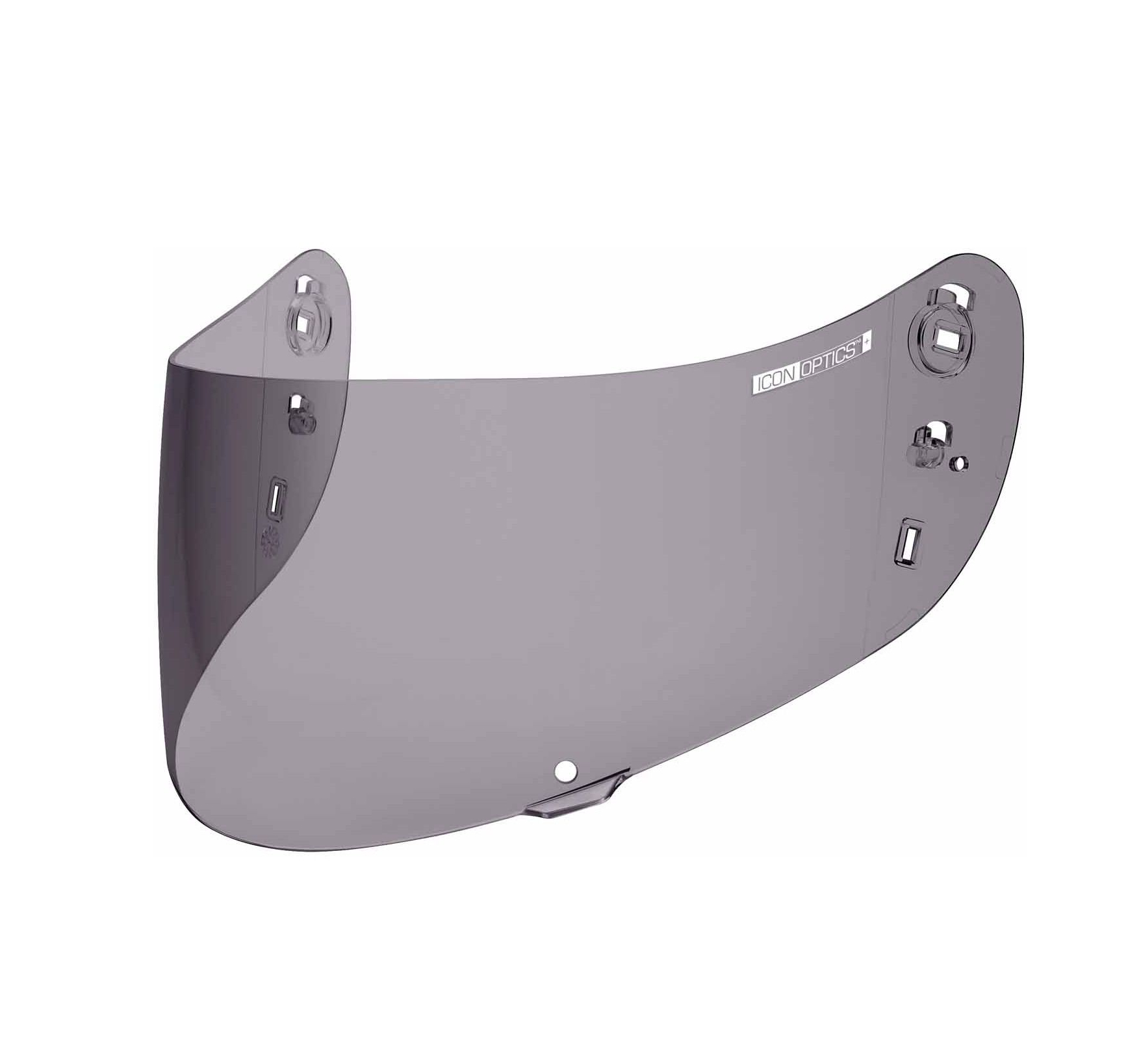
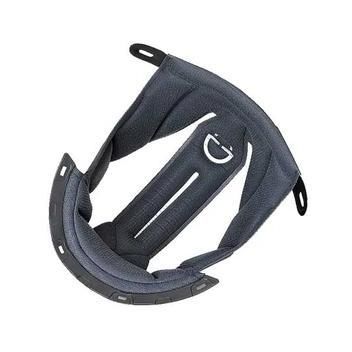
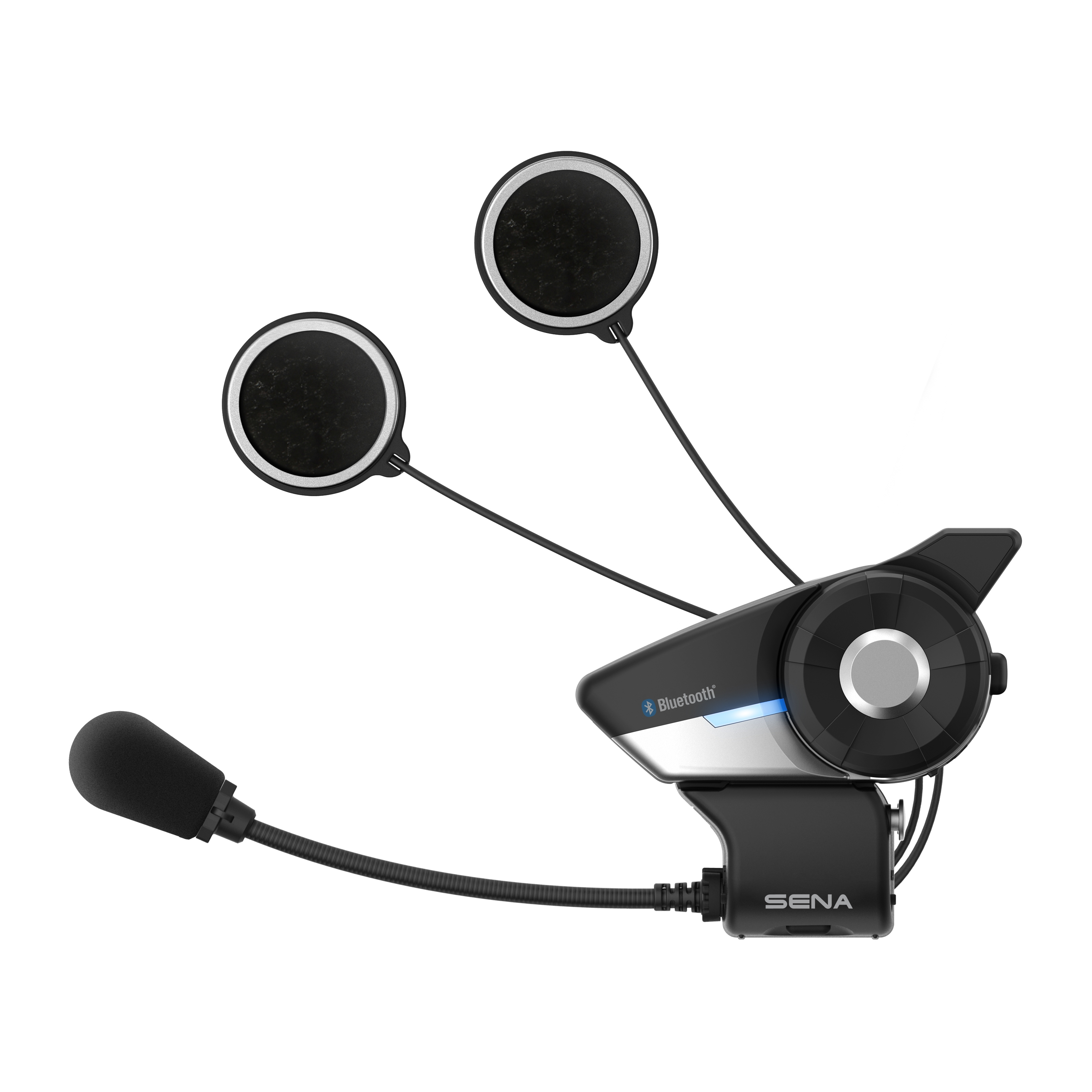
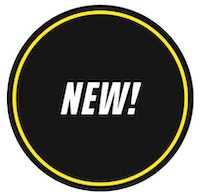
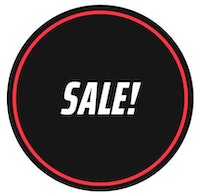
 Membership
Membership



